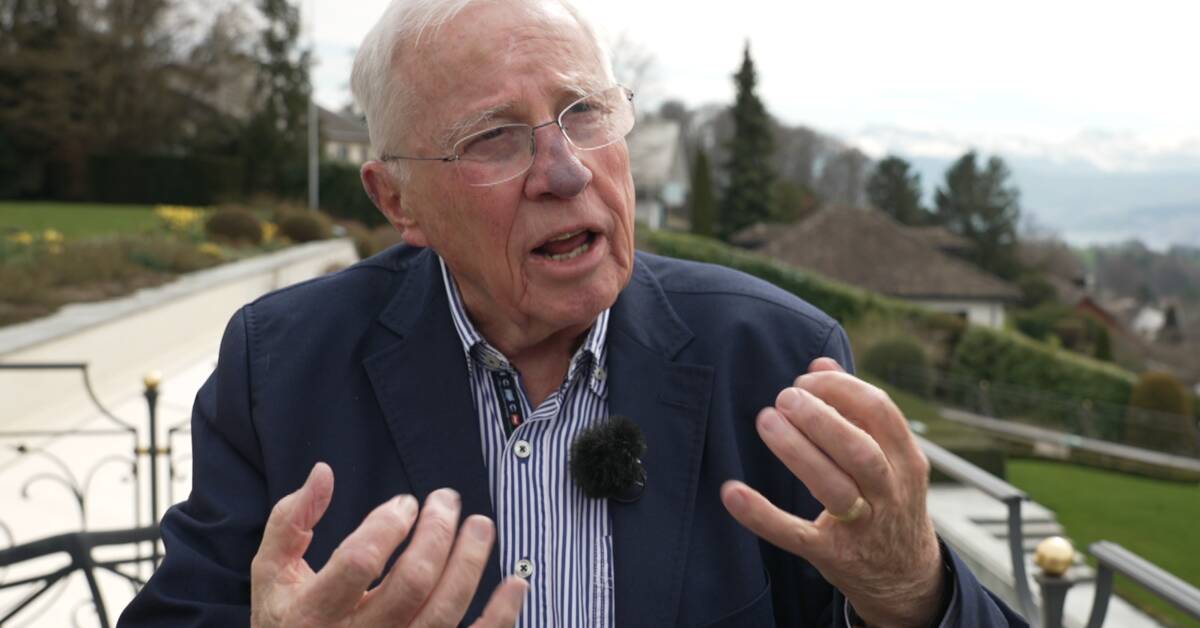Silicon Valley Bank fell victim to making investments that were profitable, but risky. Sources within the bank tell the Financial Times that executives' bonuses grew fatter as they increased their exposure to the kind of bonds that were fine with low interest rates. Then the interest rate rose sharply and the ground crumbled under the bank.
Linking bonuses to return on equity in the way that was done at Silicon Valley Bank was "an encouragement to take risk," Anat Admati, a professor of financial economics at Stanford, told the Financial Times.
The debate about the impact of bonuses on how banks are governed and what risks they take is now hot even in Switzerland after the rescue of the venerable banking giant Credit Suisse. Yesterday, bonuses began to be paid to employees of the bank, despite the collapse barely a week ago.
Big businessman and right-wing politician Christoph Blocher, who led the Swiss People's Party for over 25 years and has been justice minister among other things, criticizes the bonus system, which he believes leads to too high risk-taking.
"The driving force is to make as big profits as possible right away, not in the long term," he tells SVT.
Big banks that are paired with many other banks in the financial system are usually considered "too big to fall". Domino tiles that risk dragging too many others along in the case. Therefore, they are usually rescued by the state once the accident occurs. Blocher believes that is unhealthy.
"There must be an end to this, otherwise there is no incentive to avoid bankruptcy.

